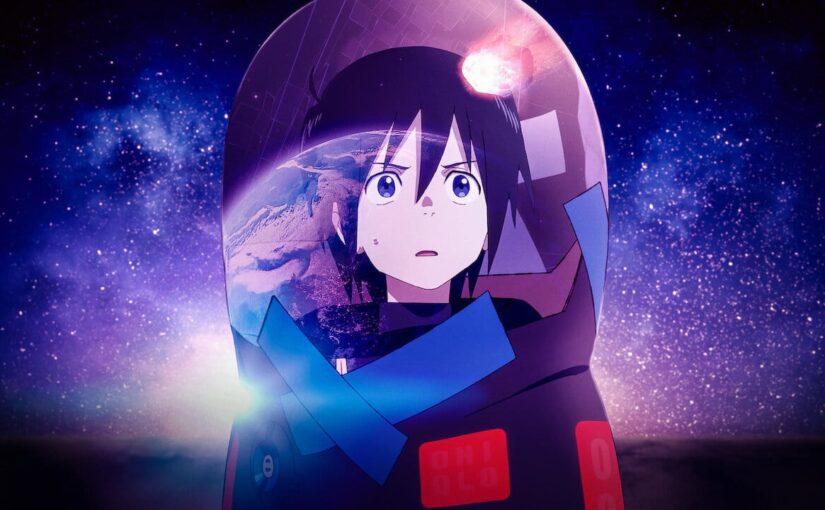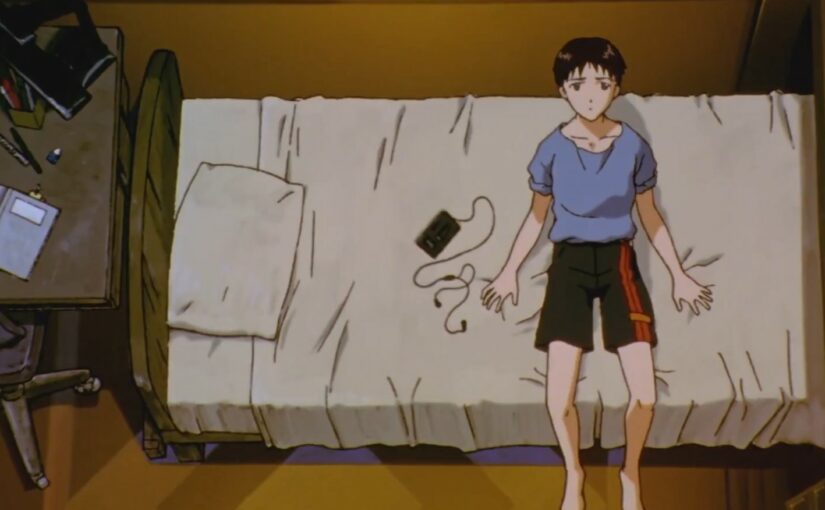Do Androids Dream of Electric Sheep by Philip Dick can definitely go down on the list of things you must read to be cultured. This was a short book; however, what it does with those pages, achieves more than several novels that I have read.
This book is popularly known as being the base material for The Blade Runner films. Although the general premise is the same in both the book and movies, there are significant differences between the two. The biggest difference is that the book focuses on a religion called Mercerism. I don’t think focusing on this would have made the movie more interesting; however, it certainly made the book more interesting. Nevertheless, the core discussion of the book revolves around the morality of killing a robot that has human-like consciousness. This discussion is made even more interesting because the main character, a bounty hunter hunting robot, is himself a robot and yet not aware of it.
According to the main character(who is a robot), androids have no empathy making them cold machines that need to be put down. Additionally, he believes that robots don’t have any love for animals -which are held sacred in this post-apocalypse world- and robots won’t do anything to help each other. The test used to determine if someone is a robot measures their reflexes to emotionally stimulating questions. However, this notion of human vs. robot breaks down as the story progresses. If robots don’t have empathy for each other, why is a group of escaped robots protecting each other? If robots can never care for animals, why does the main character spend an absorbent amount of money buying a goat that he spent years dreaming about– to replace his electric sheep.
If robots are empathetic like humans, what rights do we give them? What rights do we give other people? In the book, “specials” were people with mental defects due to the radioactive dust on the earth. These specials were treated as outcasts in society and barred from having kids. Like the androids, the Specials were treated like trash because society views them as inferior to humans. In the book, Mercerism (their religion) suggests that what makes a human is our common plight. To fight adversities by climbing the metaphorical mountain, constantly getting pelted by rocks, yet continue.
At the end of the bounty hunter’s ordeal of killing the newly escaped robots, he ends up questioning his own morality– he is still unaware he himself is an android. Isn’t questioning morality and other philosophical debates the most quintessentially human thing to do?



